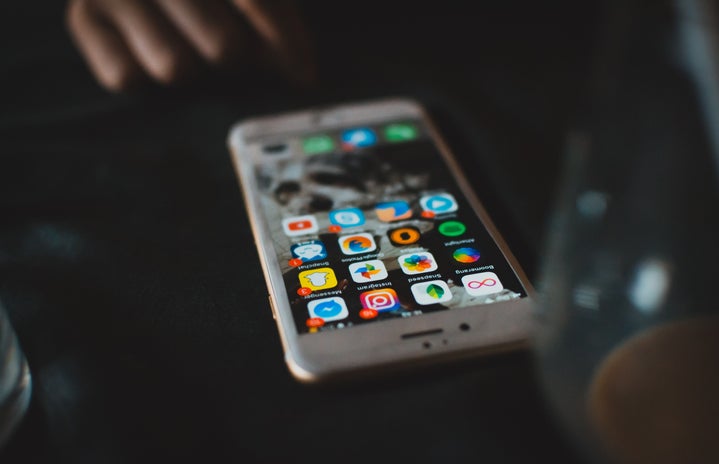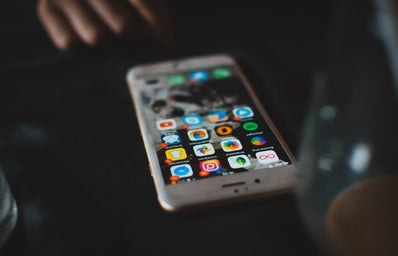Australia has been in the news recently, for, in my opinion a very good thing, although this probably isn’t shared by a lot of people my age. On Friday 29th November, Australia’s parliament passed a new bill banning social media for under 16s. Although this ban won’t take effect for another twelve months, it is already the subject of much discussion. Arguments against the bill claim that it will not be adequate enough to cover all the risks social media poses, and that that it could end up pushing children into less regulated corners of the internet. In fact, France introduced similar legislation last year to block social media from children under 15 without parental consent, but research indicates that almost half of users were able to avoid the ban using a VPN.
However, I believe that despite these issues, the ban is better than nothing, and it paves the way for more regulations on social media, maybe even technology in general. The more time I spend away from technology, the less anxious and more regulated I feel. It is just a shame that our lives require so much of it nowadays, and it is hard to see how you could complete University or get a graduate job without using a phone and laptop. Over the summer I had whole days where I switched off from all technology, and the effects were amazing. I had more energy, my attention span improved, and so did my sleep. If I had children I would love to raise them without any technology, but I just don’t see how this is possible in the modern world we live in. It makes me consider not having children at all, especially when the dangers of social media keep getting worse and worse, despite the continued promises from the companies to make it safer.
I was not allowed social media until I was 16, and by that point I decided I didn’t want it anyway. Of course, when you are in school, and everyone around you is talking about something they have seen online, you feel left out, and I used to beg my parents for it just to be in the loop with everything. However, by the time I was allowed it just felt too overwhelming, and I had seen how bad it was for my friends’ mental health. I have had Instagram in university but have always had to delete it after a few months because the constant comparison very quickly becomes all consuming. It is much easier to wind down in the evenings when my head is not buzzing with all the things I have seen online that day, even if they were good things. My friends all have LinkedIn, and I feel the pressure to make an account so that I don’t miss out on connections that could secure me a job in the future. In reality though, I can’t stomach the idea of another app that I have to keep up with.
It isn’t just social media that makes me worried about having children. I sometimes wonder whether we are losing the aspects of childhood that make it carefree; enjoying nature, imaginary play and the joy of getting lost in a good book for hours on end. As we get older, we are faced with having to keep up with the fast pace of life in a digital age, forcing our brains to absorb much more than ever before, and leaving little time for processing it all. It is just the reality of the world we now live in, but the idea of even more digital advances scares me for the next generation. Will their brains ever be granted a break?
Arguments focused on the rights of young people should be about their right to a childhood, rather than forcing them to become mini adults as soon as possible, burdened with the overload of information that comes with the online age. This is why Australia’s new ban is so promising. It offers a solution to the problem of isolation that comes with not having social media because no one else under 16 will have it either. Of course, it probably won’t be a blanket ban, as people will find ways round it, but it paves the way for a more technology-free childhood, which can only be a good thing. It also takes the responsibility to monitor their children online away from individual parents, an increasingly difficult feat, instead placing it on companies and corporations.
To conclude, Australia’s social media ban for under 16s is a great step in the right direction, but it should only be the start. Hopefully it encourages more conversation around whether Gen z want our children to have the kind of access we had to technology, and what we want childhood to be.


